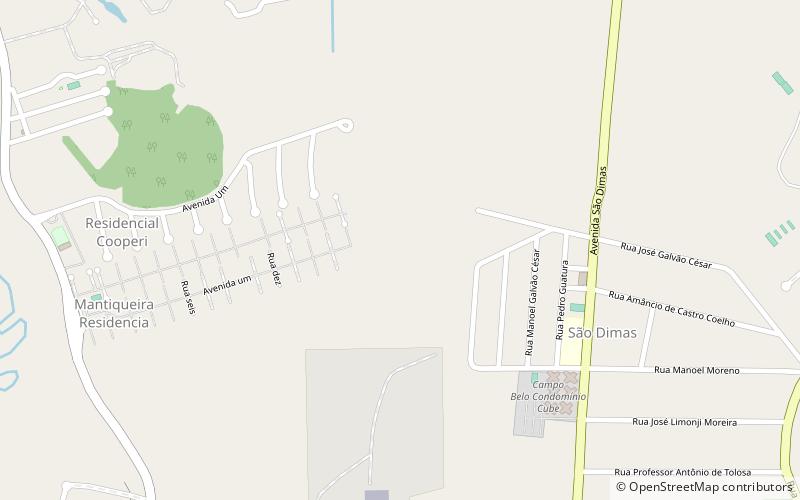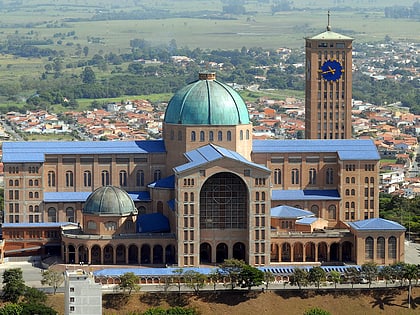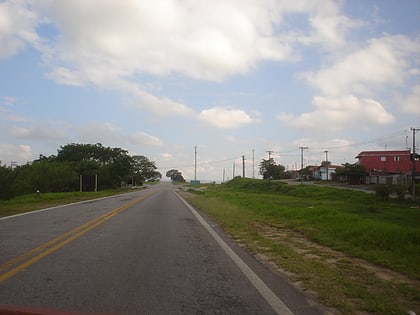Jongo, Guaratinguetá


Facts and practical information
Jongo, also known as caxambu or tabu, is a dance and musical genre of black communities from southeast Brazil. It originated from the dances performed by slaves who worked at coffee plantations in the Paraíba Valley, between Rio de Janeiro and São Paulo, and also at farms in some areas of Minas Gerais and Espírito Santo. Jongo is a member of a larger group of Afro-Brazilian dances, such as batuque, tambor de crioula, and zambê, which feature many elements in common, including the use of fire-tuned drums, the call-and-response form of group singing, the poetical language used in the songs, and the umbigada, a distinctive step whereby two dancers hit their bellies. ()
Guaratinguetá
Jongo – popular in the area (distance from the attraction)
Nearby attractions include: Basilica of Our Lady of Aparecida, Old Cathedral of St. Anthony, Paraíba Valley, Lorena.




